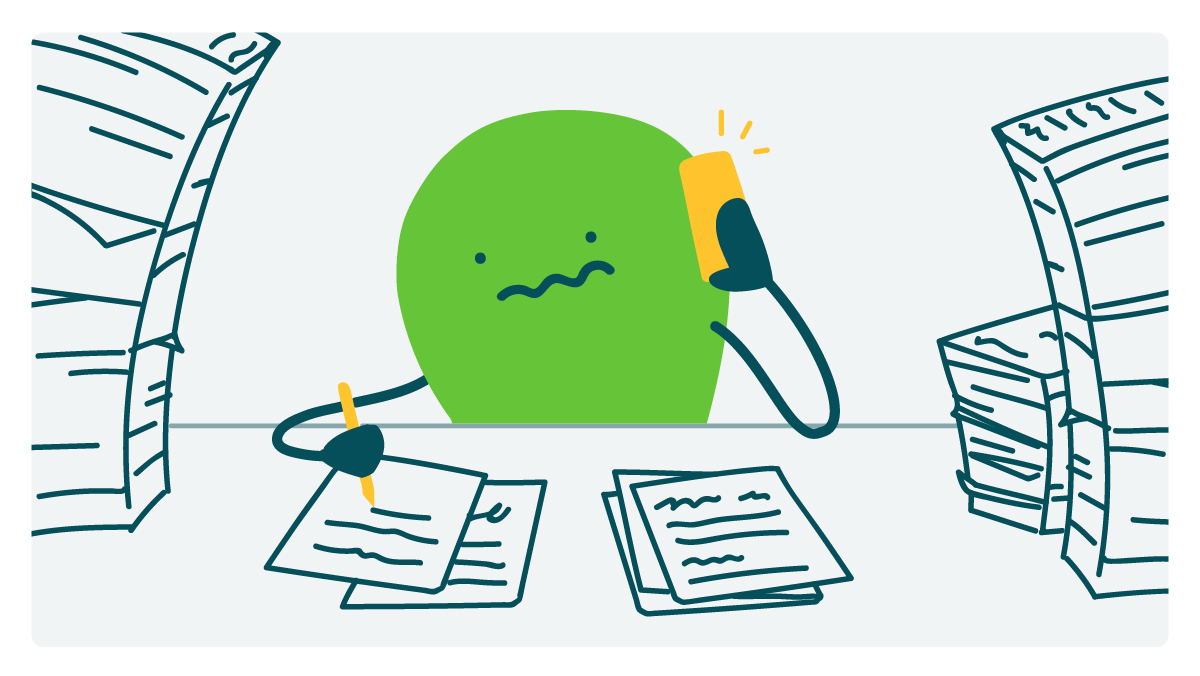
This week, we’re proud to offer our platform to Jennifer Sclar and Kathryn Wollan — Co-founders and CEOs of Clear Health Analytics, a women-owned small business built on the shared belief that everyone deserves access to clear, accurate, unbiased information about health insurance. And we certainly don’t have to tell you, dear readers, that health literacy is a hugely important part of that puzzle. You can see why we get along.
With the COVID-19 pandemic as a backdrop, Jennifer and Kathryn wrote this op-ed on the disproportionate burden of health care-related administrative tasks on women. And as a women-owned small business ourselves, we wanted to help get this important message out there. We hope you’ll read and share!
In the United States, a novel virus places novel burdens on our complex, for-profit, health care system and creates novel challenges for those responsible for the health care-related administrative tasks of a household. Not surprisingly, women are responsible for 80% of household health care decisions, and the vast majority of the invisible, uncompensated hours spent interacting with the health care system falls to women.
During the COVID pandemic, millions of women in the United States spent millions of hours locating and scheduling COVID tests and vaccines — and managing the related logistics and paperwork. As many learned the hard way, not all facilities are created equal in terms of the cost of a “free” COVID PCR test, and not all health plans are created equal in terms of how to seek reimbursement for this “free” test. This is yet another example of the heavy toll that the health care system takes on women.
Complicated by Design
If you’ve ever seen a doctor in the United States, you know that reconciling the complicated, untimely, and often erroneous billing and insurance paperwork is tedious and time-consuming. Every single medical service results in at least one bill from the provider and at least one (but typically multiple) Explanation of Benefits (EOBs). These communications often arrive weeks after the service and weeks apart from one another. As family health care leaders, and patients themselves, this administrative burden falls disproportionately to women.
The complexity of our health care system is no accident — time consumption and consumer fatigue are the entire rationale for administrative complexity.The effort to “administrate into submission” has been wildly successful, as people routinely limit or forego health care for fear of out-of-pocket costs and coverage denials. And many people avoid appealing an insurer’s denial of care despite the fact that when they do, they often win.
A recent study published in the Annals of Internal Medicine details that the combined cost of health care administration to U.S. insurers and health care providers in 2017 was almost $2,500 per capita, or $812 billion. That’s nearly 35% of total health care spending and enough to cover health care for every American. And these numbers don’t begin to account for the cost of this administrative complexity to consumers. Not in dollars, not in time lost.
In his 2020 book Priced Out, late renowned health care economist Uwe Reinhardt meticulously recounts the costs of the health care administrative-industrial complex to private and public insurers, hospitals, and physicians. But when it comes to patients, he points out that no “…empirical estimates on administrative expense includes the value of the time American consumers devote to choosing health insurance products or, as patients, to process usually incomprehensible medical bills from the providers of health care or claims from health insurers.”
Women’s Work
Women bear the brunt of this growing burden in households of every type, regardless of their education or profession. And like most caretaking and household responsibilities, women’s contributions to their family’s health care administration are invisible and unpaid.
Reinhardt himself admitted that in his household, his wife handles the health insurance claims. “This goes beyond the capacity of a Ph.D. in economics,” he said. “So, she does it, and she tells me that claiming for health insurance is far more time intensive and complex than the income tax, which she also does.” (Reinhardt’s wife, Tsung Mei Cheng, is also a brilliant health policy researcher.)
This administrative morass devours our time and produces untold stress and anxiety, often with devastating effects on financial and physical well-being. So why is it allowed to continue? Because it’s women’s work.
It’s Our Time
It’s time to name and quantify the burden that health care administration puts on the resources of American women. Let’s advocate for changes to our health care system. Let’s make sure that our legislators recognize and address this crushing burden that threatens the physical and financial health of women and their families and steals untold hours from their lives. Women don’t have this kind of time to spare.
Let’s reclaim our time.
Jennifer Sclar and Kathryn Wollan are the Co-founders and CEOs of Clear Health Analytics.
Browse recent posts